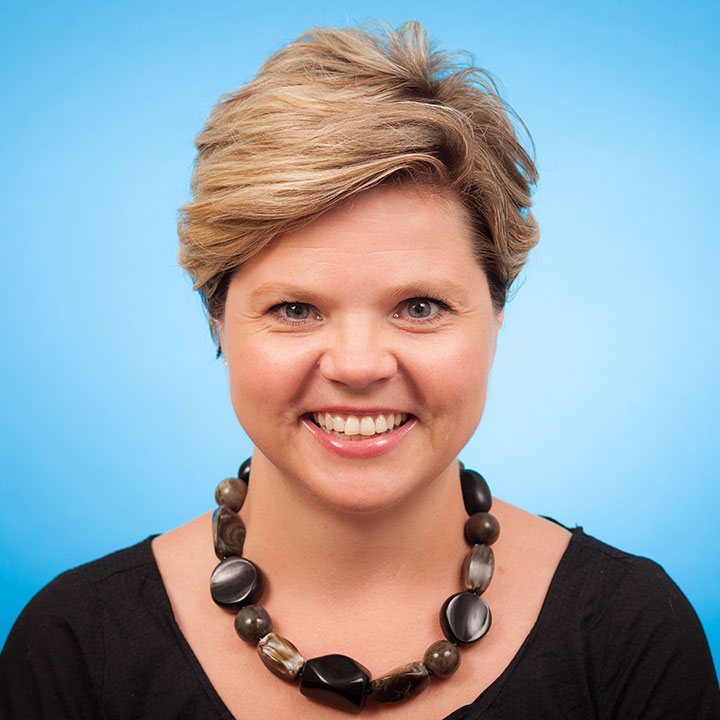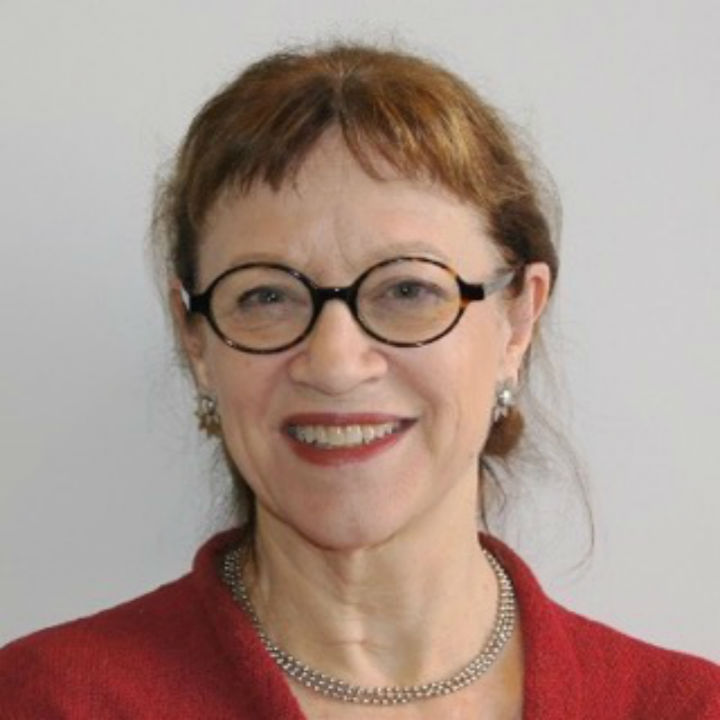Dr. Samuel Vaillancourt is a specialist emergency physician and trauma team leader practicing at St. Michael’s Hospital. He is currently an Associate Scientist at the Li Ka Shing Knowledge Institute of St. Michael’s Hospital. He is interested in the potential for data and patient-community participation to improve care integration and outcome. He currently leads a project on developing a patient-reported outcome measure for emergency care. From 2013-2015, he was a health policy research fellow under the supervision of Andreas Laupacis and Michael Schull. He also worked as an innovation fellow at Women’s College Hospital’s Women’s College Hospital Institute for Health System Solutions and Virtual Care (WIHV) on the creation of an innovation incubator and the application of design thinking methodology to healthcare.
He completed his specialty training in 2013 at the University of Toronto and previously received his medical degree from McGill University. In 2012, he completed a master of public health in health policy and management at Harvard University and an internship at the Institute for Healthcare Improvement. Sam teaches point-of-care ultrasound in Toronto and Rwanda.

Dr. Katie Dainty is a qualitative and mixed methods scientist and is the Research Chair in Patient-Centred Outcomes at North York General Hospital. She graduated with her PhD from the University of Toronto in 2010 and in addition to her appointment at North York General, she is an Assistant Professor in the Institute of Health Policy, Management and Evaluation (IHPME) and an Associate Member of the School of Graduate Studies at University of Toronto. Katie brings an extensive background in both clinical and implementation research and has designed and evaluated several innovative projects, with an emphasis on health care quality, knowledge translation and health systems improvement.
Dr. Dainty’s research interests are studying how organizational and sociocultural variables shape health care quality improvement and patient-centred outcomes. Her work involves studying issues related to patient and family experience, organizational behaviour, implementation science, patient-centred outcome measures and quality improvement in community health care environments. Her current research focuses on the use of qualitative and mixed methods research to critically interrogate held assumptions about behaviour and culture and their impact on how we measure quality and health outcomes.
Dr. Dainty is Co-Chair of the Public Engagement Committee of the Canadian Resuscitation Outcomes Consortium and is also a member of the American Heart Association Subcommittee on Science. She was awarded the inaugural Canadian Institutes of Health Research’s Rising Star Award for Knowledge Translation, a Young Investigator Award from the American Heart Association and has over 50 academic publications.
Dr. Dorcas Beaton is an occupational therapist with graduate training in clinical epidemiology. Prior to her career in research, she practiced OT with clients with musculoskeletal disorders, in particular those having undergone upper extremity reconstructive procedures. She is a Senior Scientist at the Institute for Work & Health, Toronto. Dorcas is an Associate Professor in her primary department of Occupational Science and Occupational Therapy and holds full School of Graduate Studies appointments in both the Institute for Health Policy Management and Evaluation (Clinical Epidemiology) and the Rehabilitation Sciences Institute. Her research skills span measurement sciences (development of instruments, methods to improve selection of instruments, testing of instruments), cohort studies in musculoskeletal populations (fracture patients, arthritis, injured workers), and efforts to better understand and improve guideline implementation in fragility fracture patients. Dr. Beaton is the lead scientist supporting the well-used Disabilities of the Arm, Shoulder, and Hand Outcome Measure, she currently is on the executive of an international consensus based group on outcome measurement in rheumatology (OMERACT) and is involved in various international collaborations to improve outcome measurement in clinical care and clinical research.
Dr. Andreas Laupacis has a longstanding and broad interest in clinical epidemiology, health services research, health policy and (most recently) patient involvement in research and health care. He is an editor of Healthy Debate, a website about health care, and has started a photo journalism website called Faces of Health Care.

Michael Schull is chief executive officer at the Institute for Clinical Evaluative Sciences, and professor in the Department of Medicine at the University of Toronto. Dr. Schull’s research focuses on health service utilization, quality of care and patient outcomes as they relate to emergency care, and the study of interventions designed to reduce emergency department waiting times. His studies use administrative datasets and linkages with clinical data, and examine the causes and consequences of emergency department overcrowding, variations in patient waiting times and pre-hospital care. He is currently working with other researchers and health system decision-makers to evaluate policy interventions designed to reduce emergency department waiting times, and innovative ways to better integrate health care between hospital and community providers. Dr. Schull practices as an emergency medicine specialist at Sunnybrook Health Sciences Centre in Toronto.

Patient Advisor
Emergency Physician